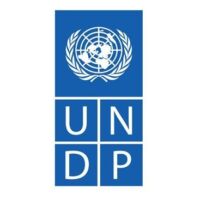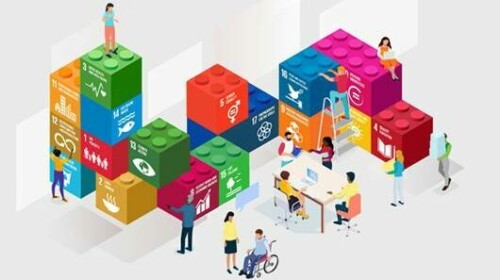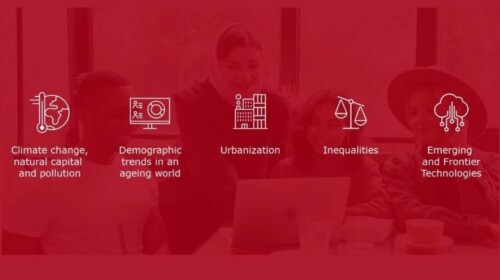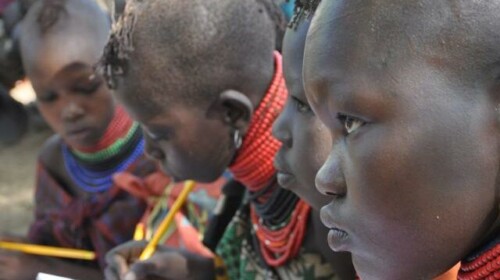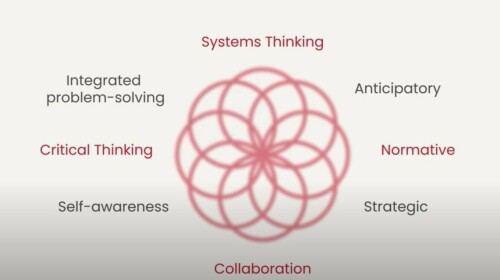The 2030 Agenda was a major breakthrough for the anti-corruption movement, as it emphasizes the importance of promoting transparency, accountability and anti-corruption for sustainable development, and makes an explicit link between corruption, peace and just and inclusive societies.
UNDP Administrator Achim Steiner said, “the 2030 Agenda has established anti-corruption as a global imperative on which hinges the achievement of all sustainable development goals. Goal 16 is rooted in human rights and highlights the importance of strengthening institutions and governance in our pledge to leave no one behind. We also have the opportunity to advance the anti-corruption agenda through the implementation of the UN Convention Against Corruption, which has now reached near-universal ratification, providing a comprehensive global framework to fight corruption in alignment with the 2030 Agenda. Corruption is a complex challenge that continues to persist in many countries across the world. It has a direct impact on the three dimensions of sustainable development – social, economic and environmental – and affects each of the five pillars of the 2030 agenda: people, planet, prosperity, peace and partnerships.”
Despite progress made, corruption is still a pressing challenge. Resources lost through corruption exceed the estimated 10 trillion dollars required to eradicate poverty by 2030. Money lost to corruption is essentially development denied to those most at risk of being left behind.
Target Audience
Upon successful completion of the course, participants will:
- Demonstrate a sound understanding of the 2030 Agenda and articulate the key role that anti-corruption plays in the implementation of the 2030 Agenda.
- Demonstrate a clear understanding of the dual role anti-corruption plays in the 2030 Agenda, both as a focus area in itself under SDG 16 and as a prerequisite for achieving the other SDGs.
- Identify different methods, tools and best practices to mainstream anti-corruption initiatives in sustainable development plans and programmes.
- Identify practical tools and best practices to harmonize the monitoring of sustainable development and anti-corruption initiatives.
- Be able to articulate the need for aligning sustainable development and anti-corruption efforts.
Learning Objectives
UN staff from headquarters, UN country teams or regional offices, government representatives, development practitioners as well as members of civil society, academia and foundations.


